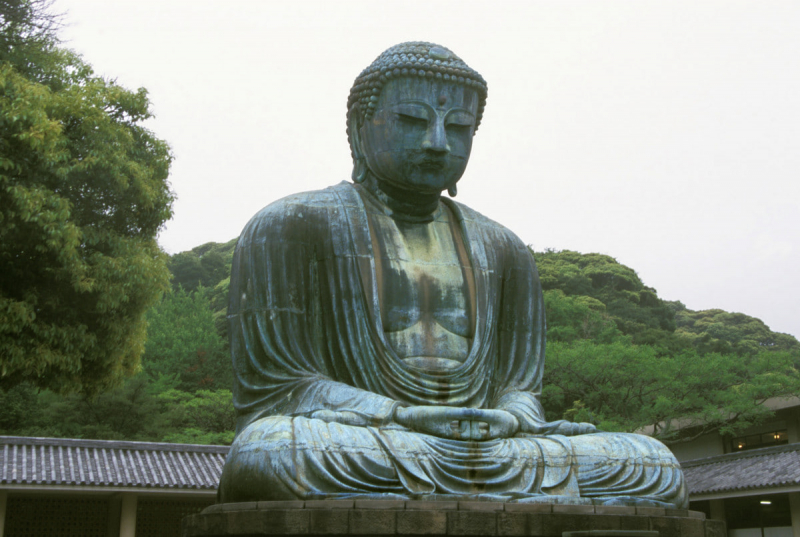Equanimity (Upekkha)

Equanimity (Upekkha) is one of the Essential Factors of Awakening in Buddhism. It denotes a poised and impartial state of mind that stands unaffected by the oscillations of pleasure and pain, gain and loss, and success and failure. This quality involves upholding an emotionally balanced and even-handed approach to experiences, whether pleasing or challenging.
Equanimity empowers practitioners to embrace life's occurrences without an excessive grip on their outcomes. It signifies an impartial demeanor that treats all individuals with parity, irrespective of their circumstances. A mind that embodies equanimity remains steadfast against the storms of external events, tempering impulsive reactions in favor of thoughtful responses.
Cultivating equanimity involves incorporating mindfulness and insight practices, prompting practitioners to observe their reactions and attachments without passing judgment. It is crucial to emphasize that peace is not equivalent to apathy. Instead, it arises as a quality rooted in profound interconnectedness and compassion for all sentient beings.
While equanimity bears immense value, it is vital to harmonize it with other Essential Factors of Awakening. Striking this equilibrium fortifies emotional equilibrium, diminishes suffering, augments wisdom, and nurtures harmonious relationships. Through its nurturing, practitioners forge an unswerving and unbiased mental stance capable of navigating the ever-changing currents of life with serenity and grace.







